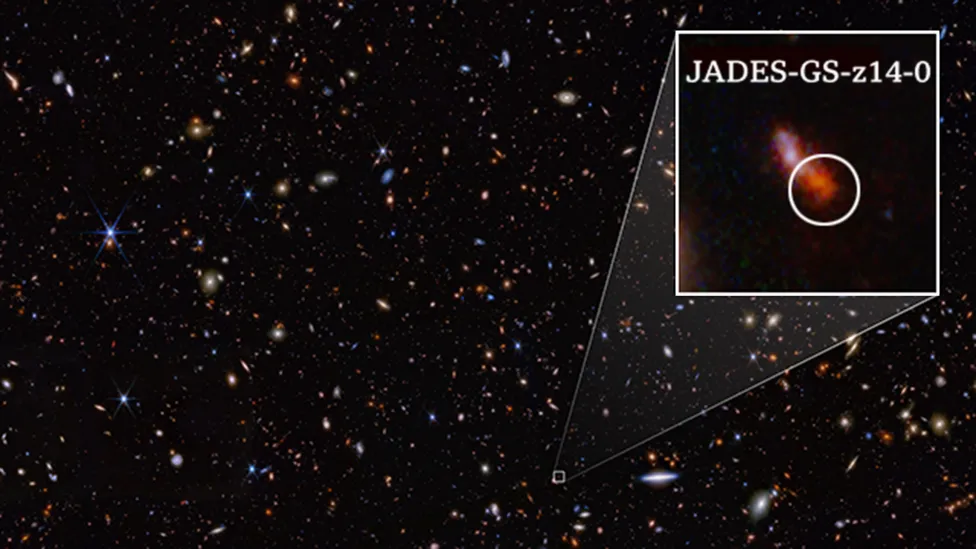Here's a fun fact, if we're talking about the age of the Universe. Assuming we're living in a flat Universe where dark energy will increase but never outmuscle gravity at the level of galaxies (or clusters), we're currently living in the very, very early days of the Universe. There will be star formation for trillions of years, and even after that it's theoretically possible for civilizations to survive around white dwarfs (maybe) or even black holes (super maybe). On the other hand, the Milky Way is largely done with star formation already, though Andromeda is probably going to shake things up a bit.
In conclusion: I dunno



